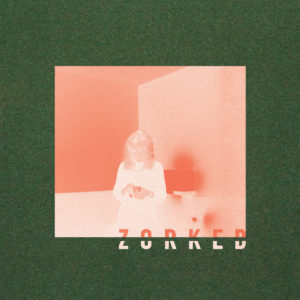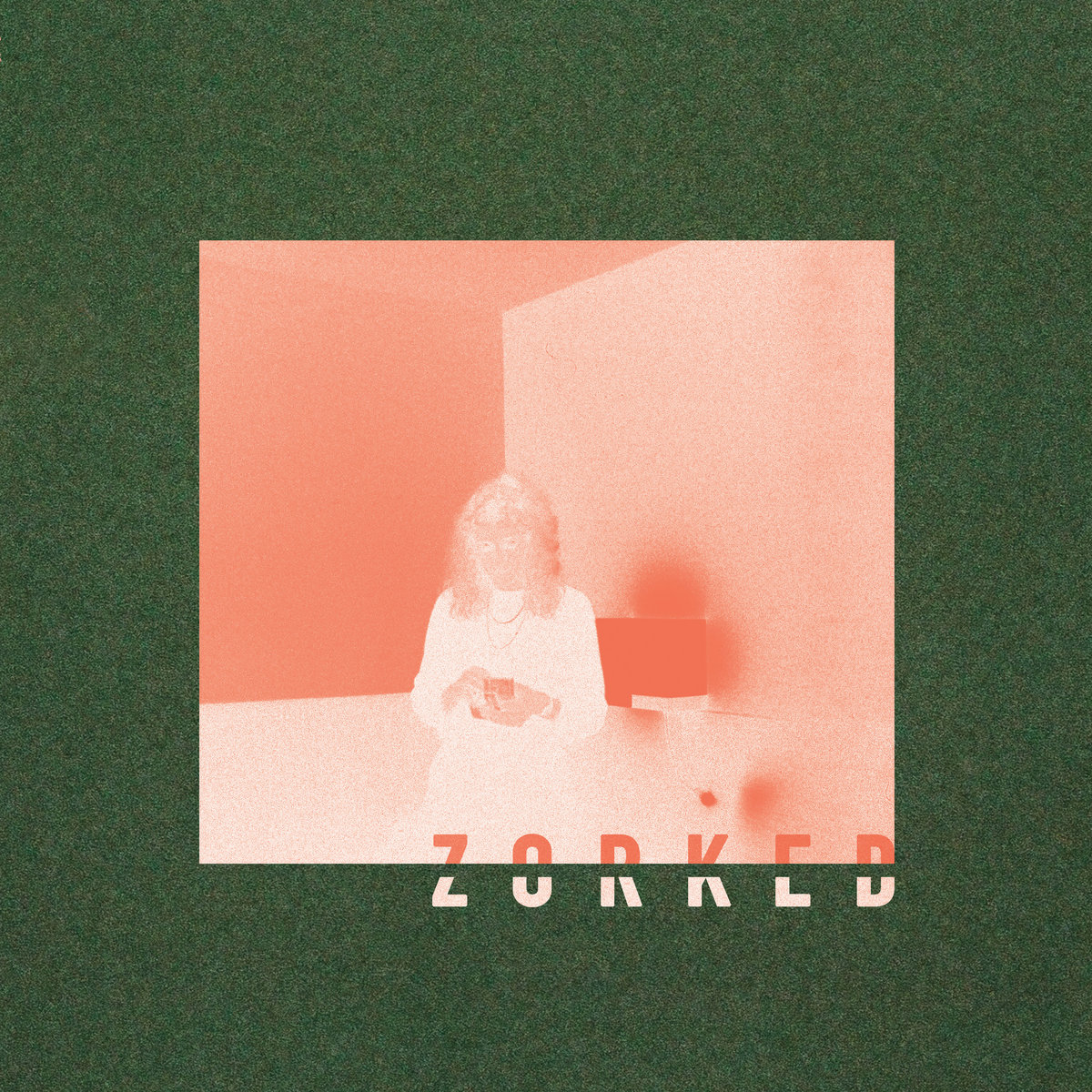 Julia Shapiro
Julia Shapiro
Zorked
SUICIDE SQUEEZE
7/10
Right after I moved to LA for a couple years, someone I’d just met asked me how I liked the city. I told them I was having a pretty hard time adjusting, which they immediately empathized with before telling me that the next two years of my life would likely be the loneliest I’d ever experience, followed by some of the best. It was a scary thing to hear, though it was also comforting to know that countless others had lived through the specific and complex set of feelings I was working through. I hadn’t made the connection while first listening to the second solo LP from Chastity Belt’s Julia Shapiro—a dual-purpose moving-to-LA album/pandemic record—but when a press release helped me place the anxiety and isolation of its lyrics (not to mention its instrumentation that somehow sounds like waking up to the exact same weather every single day for eight consecutive months), every corner of Zorked managed to fit into place as an apt soundtrack to a different kind of bad trip than what lead single “Come with Me” bleakly recounts.
Throughout Zorked (a deliberately silly album title meant to diffuse its resolutely not-silly subject matter) there’s a push-and-pull between past and present that I felt when settling into life in LA: the excitement of expectations versus an often bleak reality. Lyrically this is bluntly addressed through a recurring theme of dying hope, while musically we hear a blend of ’90s nostalgia—Aimee Mann–like vocals on “Wrong Time,” guitar tones that invoke a deflating Doug Martsch on “Pure Bliss,” a conversational (and feminist) take on Elliott Smith introduced on “Do Nothing About It”—and overwhelmingly present-day exhaustion which inspired song titles like “Hellscape,” oddly one of the album’s most upbeat tracks in its channeling of Palehound to discuss the burden of being awake and therefore probably looking at your phone. It doesn’t necessarily feel intentional; instead it reminds me of the way a band like Greet Death will churn out some of the densest, bleakest music you’ve ever heard while citing Jason Molina and Slash as primary influences.
Zorked feels like a coming-of-age story for Frances Ha–aged listeners who are among the first entire generation to find themselves still needing to adapt to completely new ways of life every couple of years long after they hit their twenties. It’s an album that was written about feeling fucked up, and one that’s received as a statement on how fucked up it is that we’ve all felt fucked up in this specific way before, with Shapiro straining to keep her lyric and sonic language fresh so as not to overlap any ideas with millennial-targeting brands co-opting terms such as “hellscape” to offer an escape from a miserable reality they help to construct. Everything on the record feels half informed by dreams (minus the spoken-word “Reptile! Reptile!,” which I think I can safely assume is the recounting of a dream) and half informed by a reality summed up on the album’s most DeLillo-esque track “Do Something About It,” where Shapiro sings of reality TV and “basking in nothingness” in order to feel free while knowing exactly the type of brain-rot it induces. At least we’re all getting zorked on the same shit.







